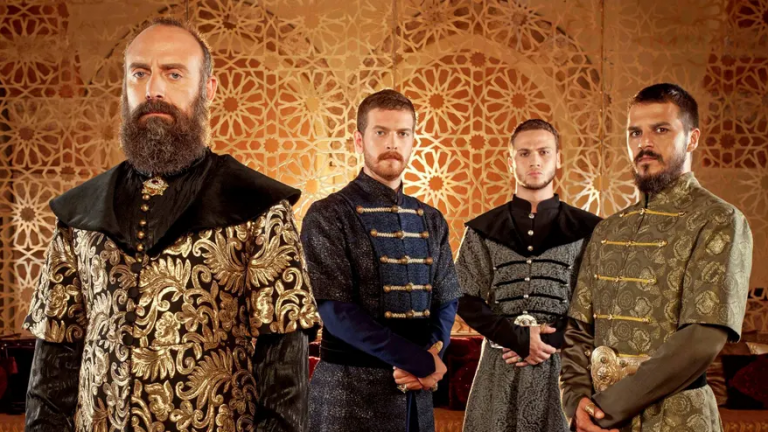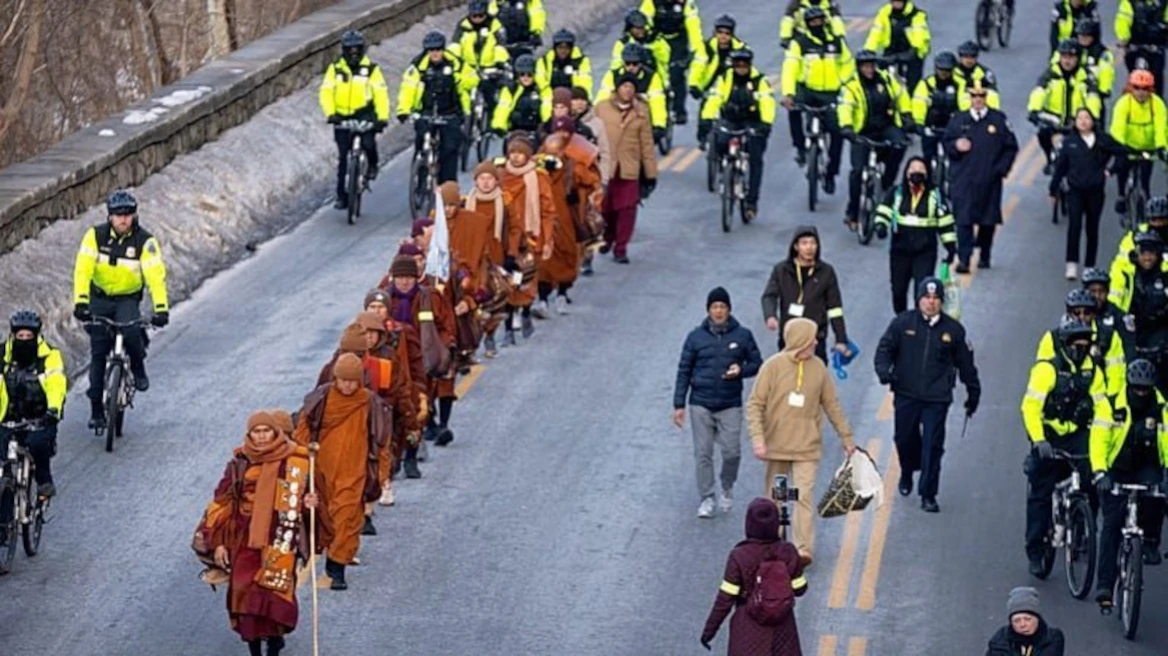The first agreement we should make is: don’t call them soap operas,” Dr Arzu Ozturkmen, who teaches oral history at Boğaziçi University in Istanbul, scolds me. “We are very much against this.” What Turkey produces for television are not soap operas, or telenovelas, or period dramas: they are dizi. They are a “genre in progress”, declares Ozturkmen, with unique narratives, use of space and musical scores. And they are very, very popular.
Thanks to international sales and global viewership, Turkey is second only to the US in worldwide TV distribution – finding huge audiences in Russia, China, Korea and Latin America. At present, Chile is the largest consumer of dizi in terms of number of shows sold, while Mexico, then Argentina, pay the most to buy them.
Dizi are sweeping epics, with each episode usually running to two hours or longer. Advertising time is cheap in Turkey and the state broadcasting watchdog mandates that every 20 minutes of content be broken up by seven minutes of commercials. Every dizi has its own original soundtrack and can have up to 50 major characters. They tend to be filmed on location in the heart of historic Istanbul, using studios only when they must.
Read more HERE
Ask me anything
Explore related questions





